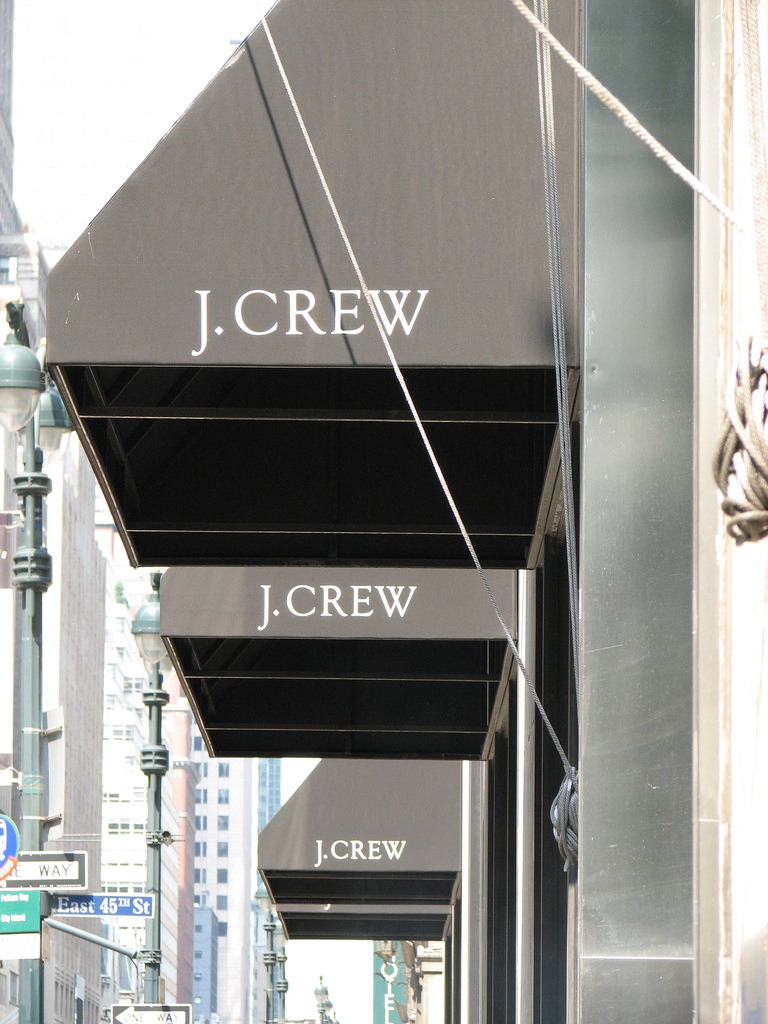On November 11th, 2014, James Scully, the J. Crew C.O.O Rep, returned to Siena to discuss his journey with his liberal arts degree and how we can make the most of ours. Scully graduated in ’87 with a degree in English and was enrolled in the ROTC program as well.
At such a preppy school, many of us are very familiar with J. Crew and its female line counterpart, Madewell. As explained by Scully, there are 271 J. Crew, 131 J. Crew factory/outlets, and 76 Madewells. Since 2011 it has expanded internationally especially with the use of opening online stores. The interesting thing about J. Crew that I had not realized was the fact that you can only buy J. Crew brand clothing from J. Crew stores. There are no other stores that sell J. Crew apparel.
But what really caught my attention though, was the fact that he was an English major. I am an English major. When anyone asks me what I plan to do after graduation, never in a million years would I think to say, “Oh, I want to go into retail and become the Chief Operating Officer of a multichannel fashion company.” I usually just stick to “Well, teachings an option, maybe going into editing and publishing, I don’t really know yet…” The classic conversation stopper of an answer.
But Scully confessed he never wanted to be a teacher. He knew the broad education he would receive from the classical training here at Siena could take him anywhere. He was very passion that it is your “personal satisfaction and growth in your career that will allow you to do whatever you want.” A liberal arts degree opens more doors than it closes. He feels his education has made him proficient in long term things such as his communication skills, flexible thinking, and his abilities to problem solve. He raved how a liberal arts degree teaches competency. It gives the student the ability to realize that everything is constantly changing, especially in the realm of retail, and gives you the knowledge to be ready and able to learn new skills to overcome new obstacles.
In the Q&A, I raised my hand to ask if he regrets not taking any business classes while at Siena. He replied with absolutely not. While he does support the enrollment of business classes and econ classes, and finds them to be very valuable, he feels that his education in the liberal arts and his experience out in the field has taught him more than any business class could have.
Always keep in mind that a liberal arts degree can literally take you anywhere. Even though it is assumed that businesses will want to hire a business major, the skills you gain as a liberal arts major are skills that are lifelong and necessary for any job. Any person with a liberal arts degree has the skills to learn to be good at any job. Just remember, a Liberal Arts Degree lead James Scully, a Siena student just like you, to be the Chief Operating Officer of J. Crew and Madewell. Who knows what the future has in store for you with your Liberal Arts Degree!




